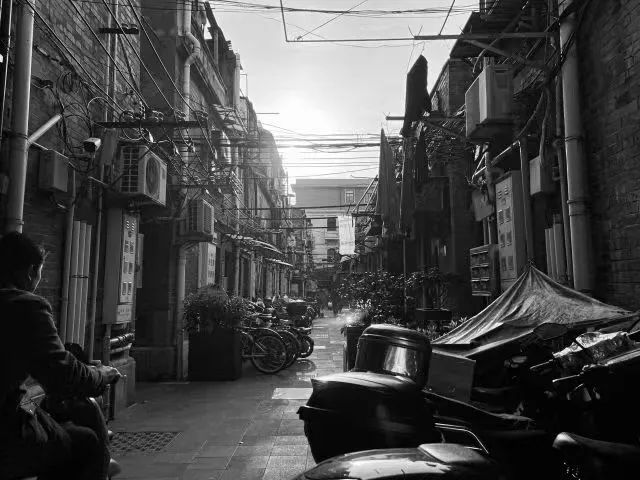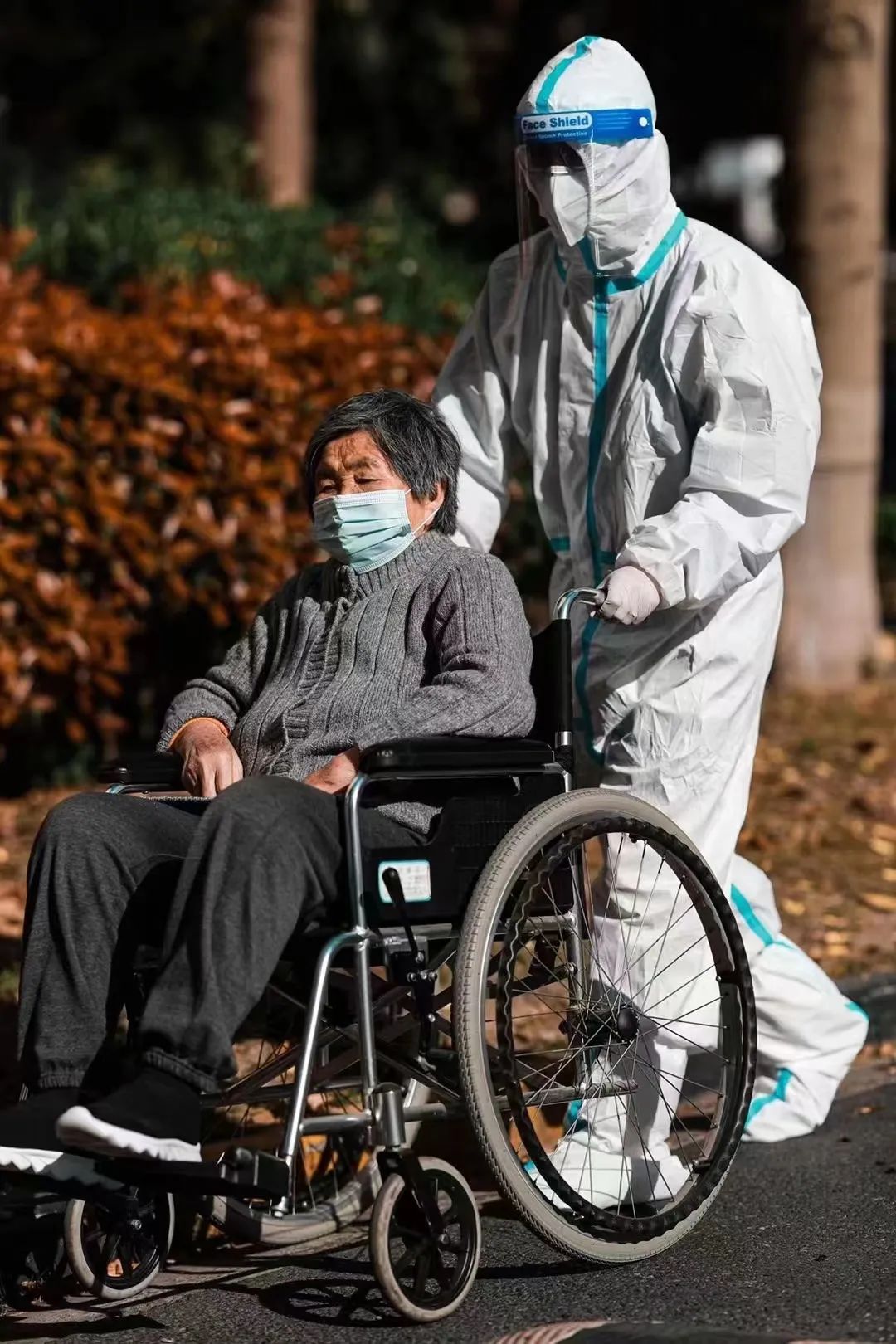Recently, the first Shanghai Curriculum Ideological and Political Education Design Exhibition, hosted by the Shanghai Municipal Education and Health Work Committee of the Communist Party of China and the Shanghai Municipal Education Commission, was successfully held. Teacher Wang Yi from the School of Information Engineering won the special prize in the first Shanghai Curriculum Ideological and Political Education Design Exhibition!
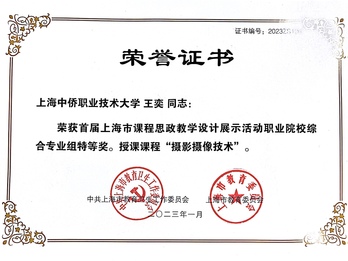
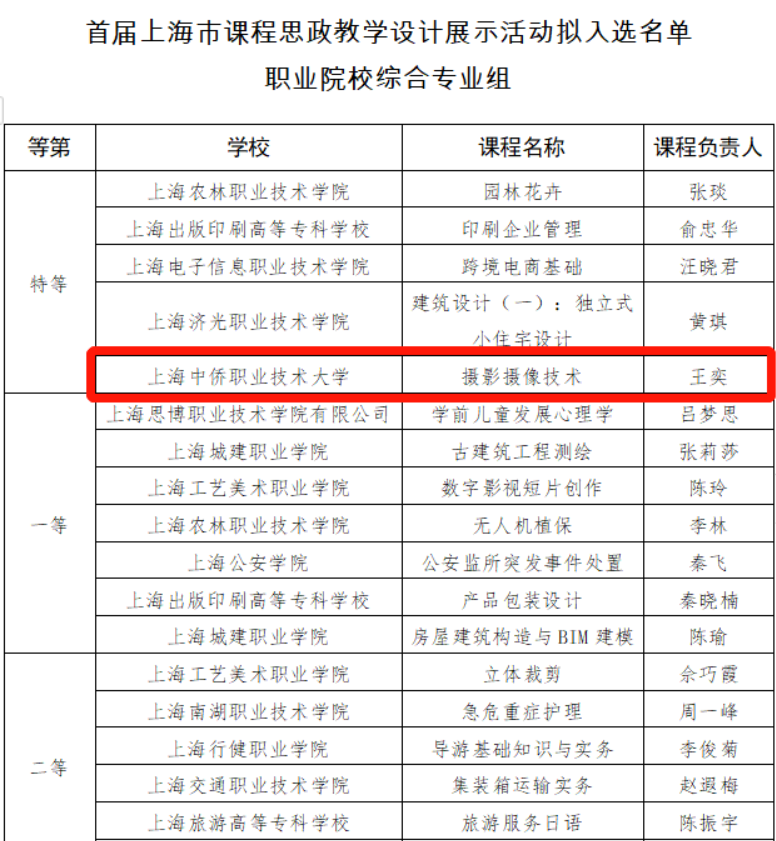
As one of the fundamental courses in the digital media technology major, Photography and Camera Technology is linked by ideological and political content such as aesthetic education, scientific spirit, core values, and professional ethics, bridging the boundaries between the previous and subsequent courses in the talent cultivation system and playing an important role in connecting the past and the future. This course cultivates students to master the basic theory and skills of digital photography, cultivate their artistic aesthetic ability in digital imaging, and lay a good visual foundation for subsequent course learning. The course constructs a teaching practice model of subject led, task driven, and diverse collaboration, allowing students to undertake tasks in various shooting environments, and cultivating their comprehensive practical ability in post production creation and professional literacy in independent lifelong learning.
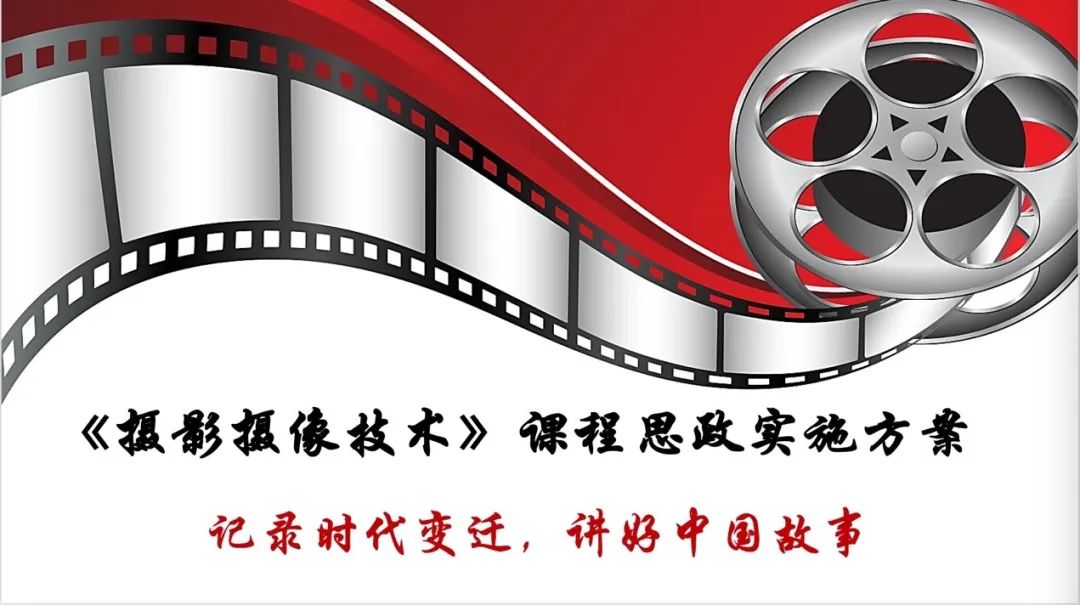
Course objectives
The setting of course objectives is based on the learning situation, starts from the curriculum, and is based on the industry. While teaching students basic knowledge, it also integrates the cultivation of scientific cognitive awareness, craftsmanship spirit, and autonomous lifelong learning. When teaching students practical shooting, it incorporates noble sentiments and humanistic care, technology for the country, and a global perspective. At the same time, it cultivates patriotism in project teaching, cultivates students to establish correct values, integrates knowledge, abilities, and value shaping, and formulates curriculum ideological and political education goals from three aspects: patriotism, professional competence, and character literacy.
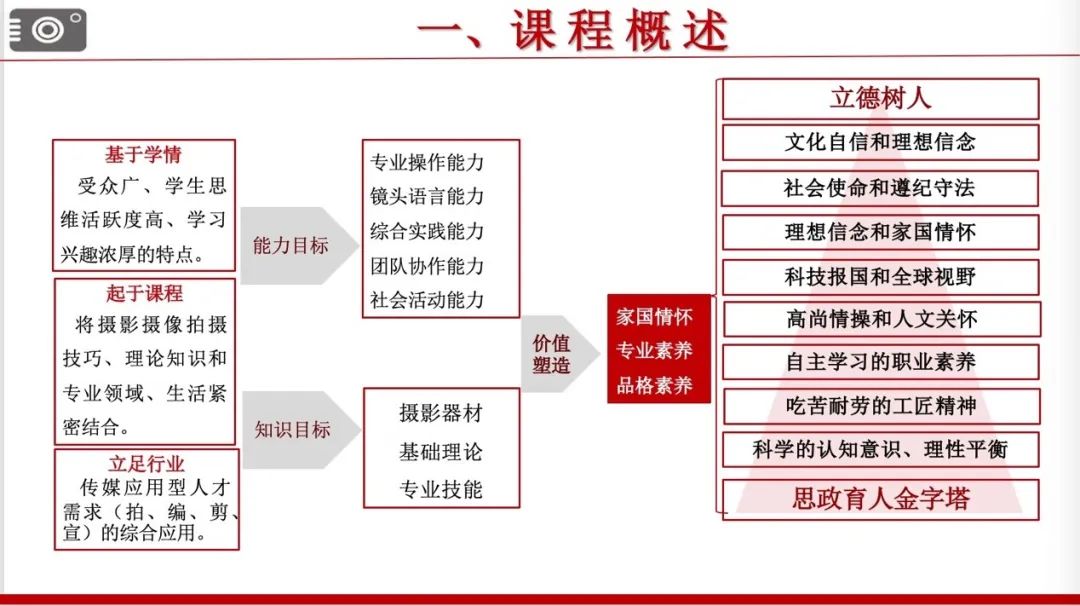
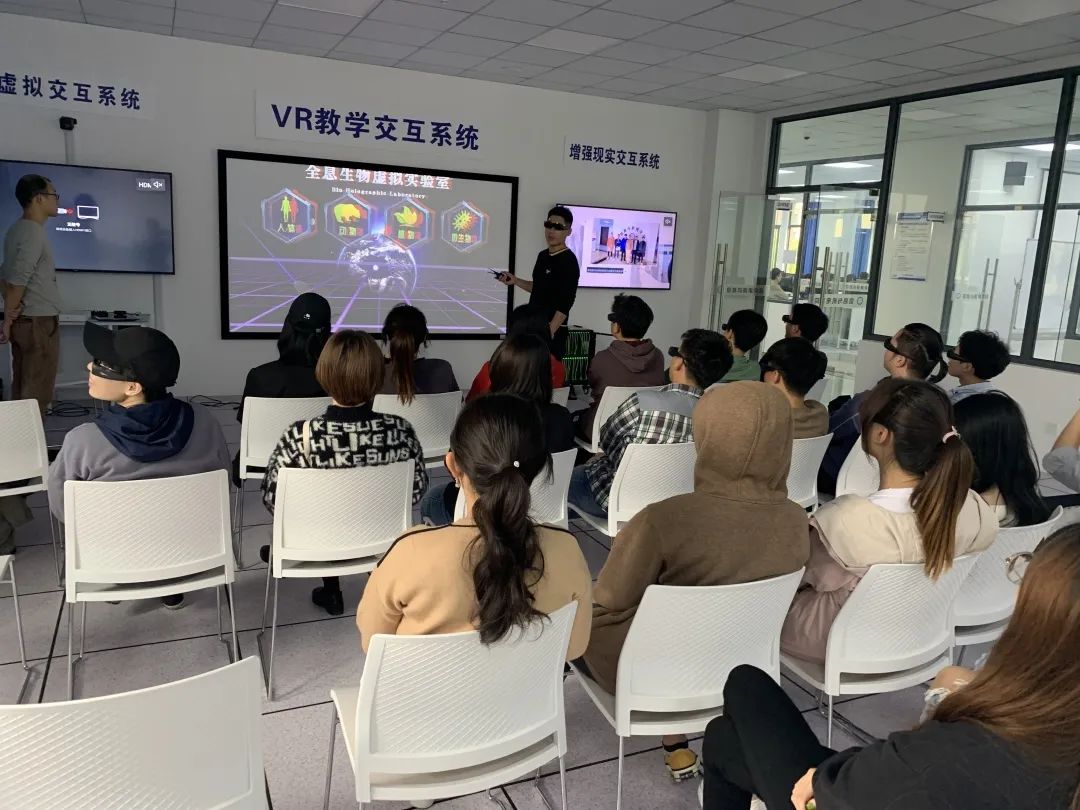
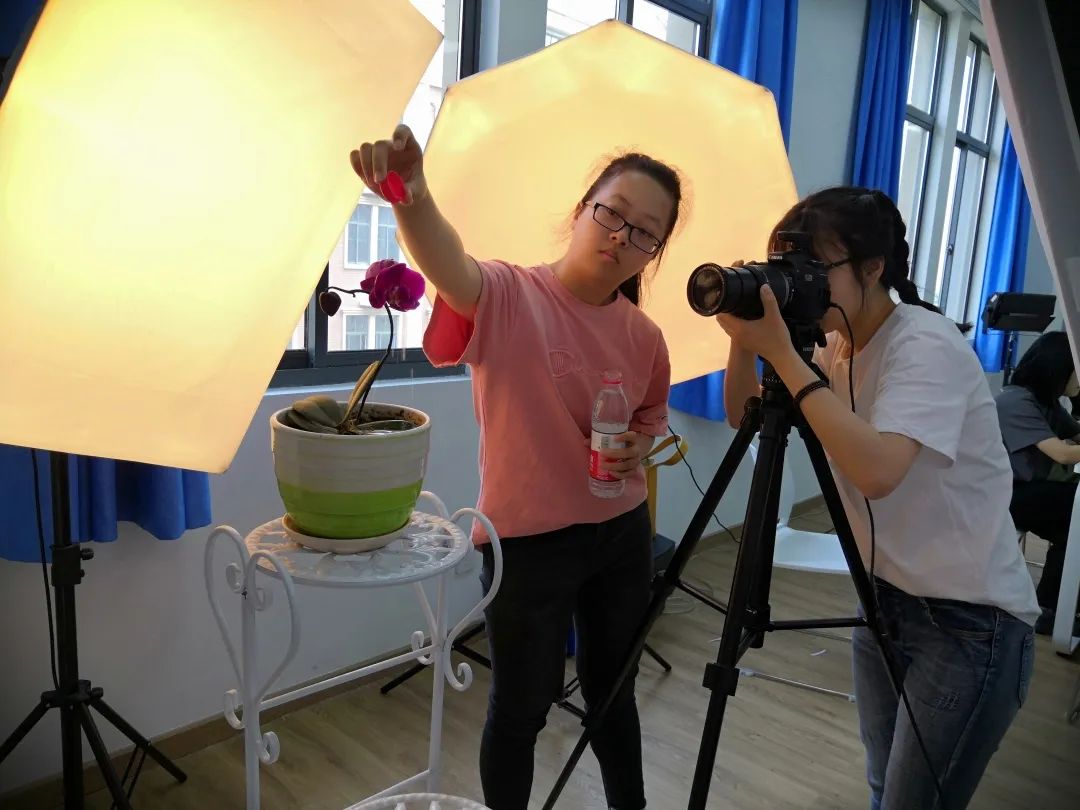
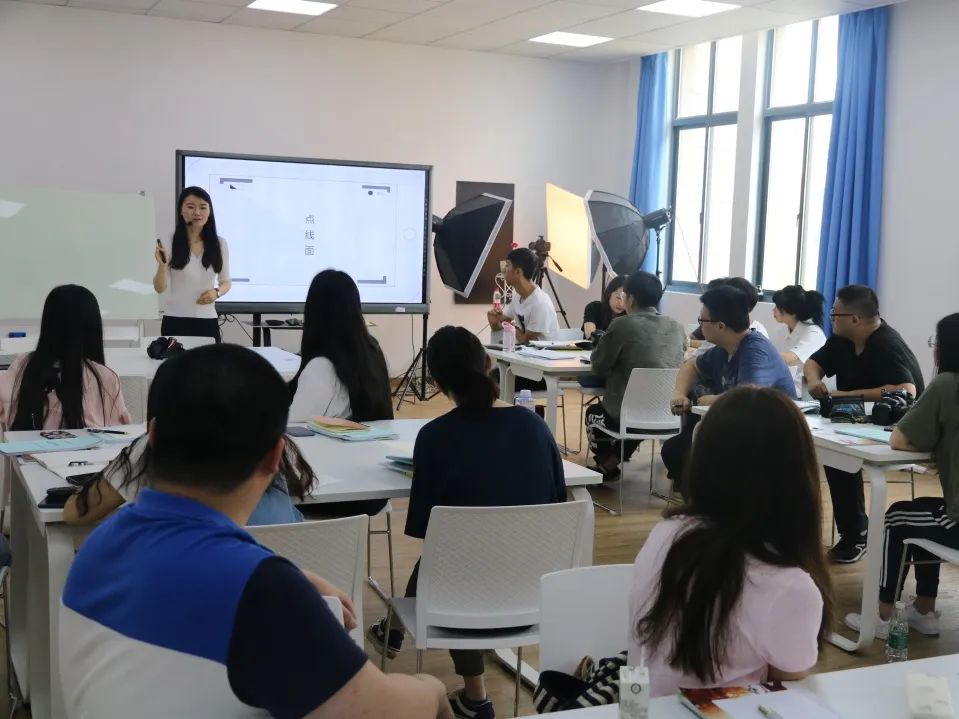
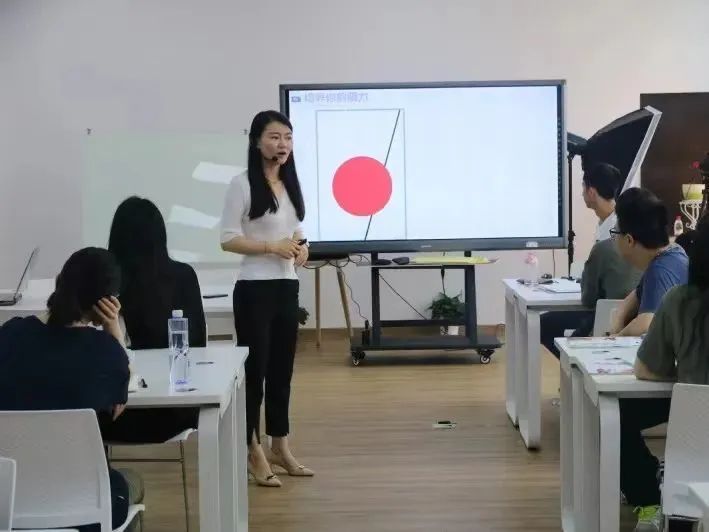
curriculum design
The curriculum design will run through two main lines. Main line 1 is a course, and teachers focus on achieving the overall, hierarchical, and continuous nature of ideological and political education in the 64 class hours. To this end, Teacher Wang will assign students an ideological and political homework that requires continuous thinking, such as The Motherland in My Eyes, encouraging students to express their thoughts and insights from personal, family, and social perspectives. The second main line runs through a class, which is 45 minutes, emphasizing the alignment of professional knowledge points and ideological and political education points.
Starting from the overall perspective, Teacher Wang has extracted 17 ideological and political indicators for a course and established an ideological and political resource library. Further condense the three key points of ideological and political education: patriotism, scientific literacy, and entering the forefront. Combining the knowledge points of each class, select appropriate ideological and political cases from the ideological and political database, and achieve the organic integration of the two through classroom discussions between teachers and students and extracurricular practice. Taking Chapter 3, focusing knowledge as an example, this photography work Zhou Enlai in Meditation is exemplified. Through the explanation of its light and shadow, composition, and focusing knowledge, students can understand the touching deeds of the Premier, pay tribute to the Premier's selfless spirit, and strive for the rise of China.

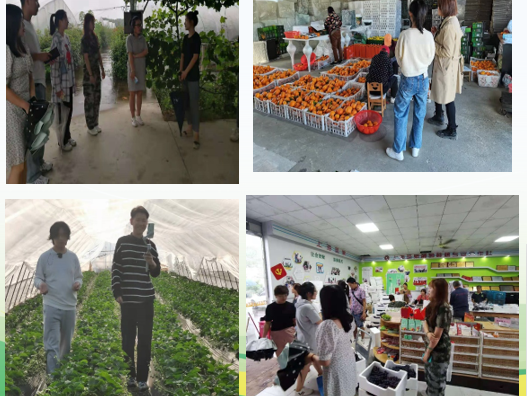
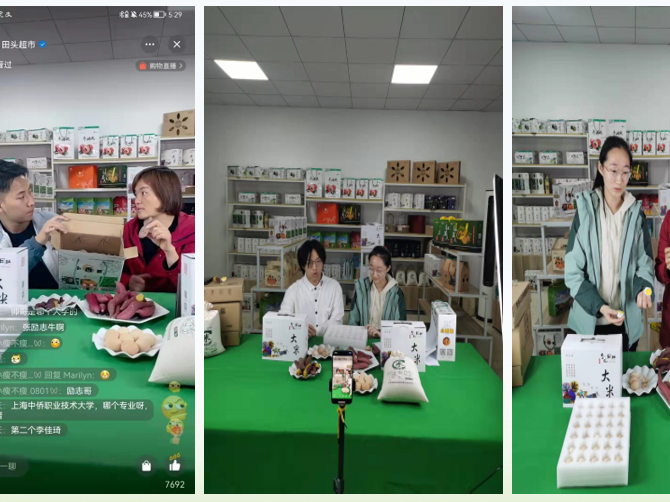


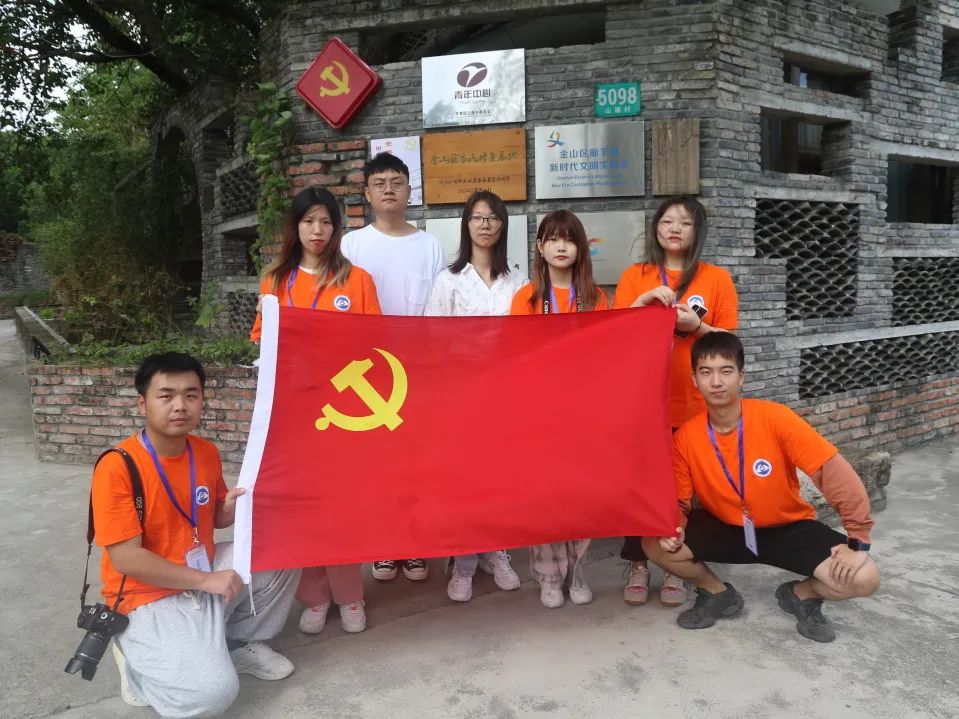
Implementation Path of Course Ideological and Political Education
The implementation path of ideological and political education in the curriculum can be summarized as five integrations: integrating moral education into the curriculum objectives, achieving overall improvement in cognitive judgment, professional operation, camera language, comprehensive practice, and team collaboration ability. In terms of course content, we have achieved full coverage of ideological and political content from basic photography to advanced and practical application. In the course teaching, based on the characteristics of integrating theory and practice in photography and videography technology, combining online and offline, combining practical training with special training space, cultivating students to flexibly use digital cameras, digital cameras, aerial drones, VR cameras and other equipment through group discussions, case analysis, scenario simulation, project driven, and media collaboration, honing their shooting skills and improving their artistic creation level. In course evaluation, ideological and political assessment is integrated throughout pre class, in class, and post class, achieving social and continuous evaluation through teacher led evaluation, student peer evaluation, and media assisted evaluation. Finally, we will establish an ideological and political resource library, continuously explore high-quality ideological and political cases from mainstream and online media, adhere to positive guidance, and keep up with the times. Realize scientific understanding, cultivate people in the brain, professional practice, cultivate people in the industry, cultivate patriotism, and cultivate people in the heart.
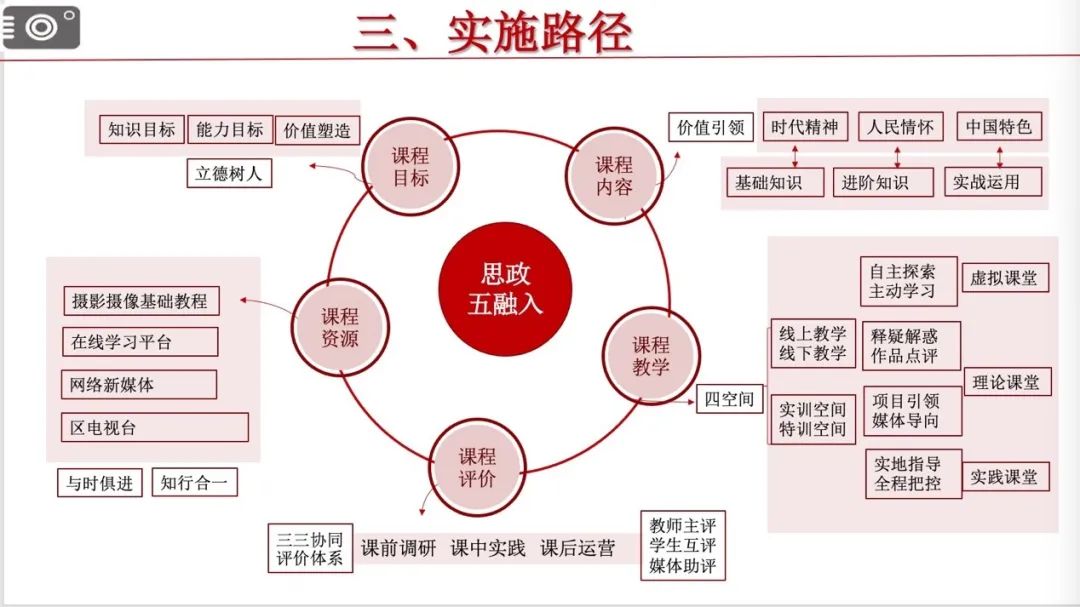
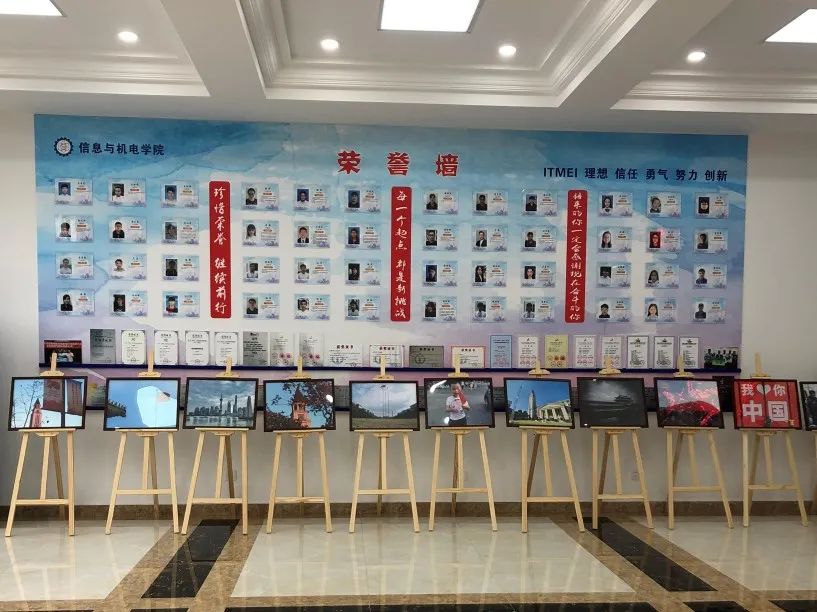

Through this competition, teachers have gained a new understanding of the course Photography and Camera Technology, and their understanding of teaching design, especially ideological and political design, has greatly improved. This has effectively clarified the direction for improvement in the next step of teaching implementation.
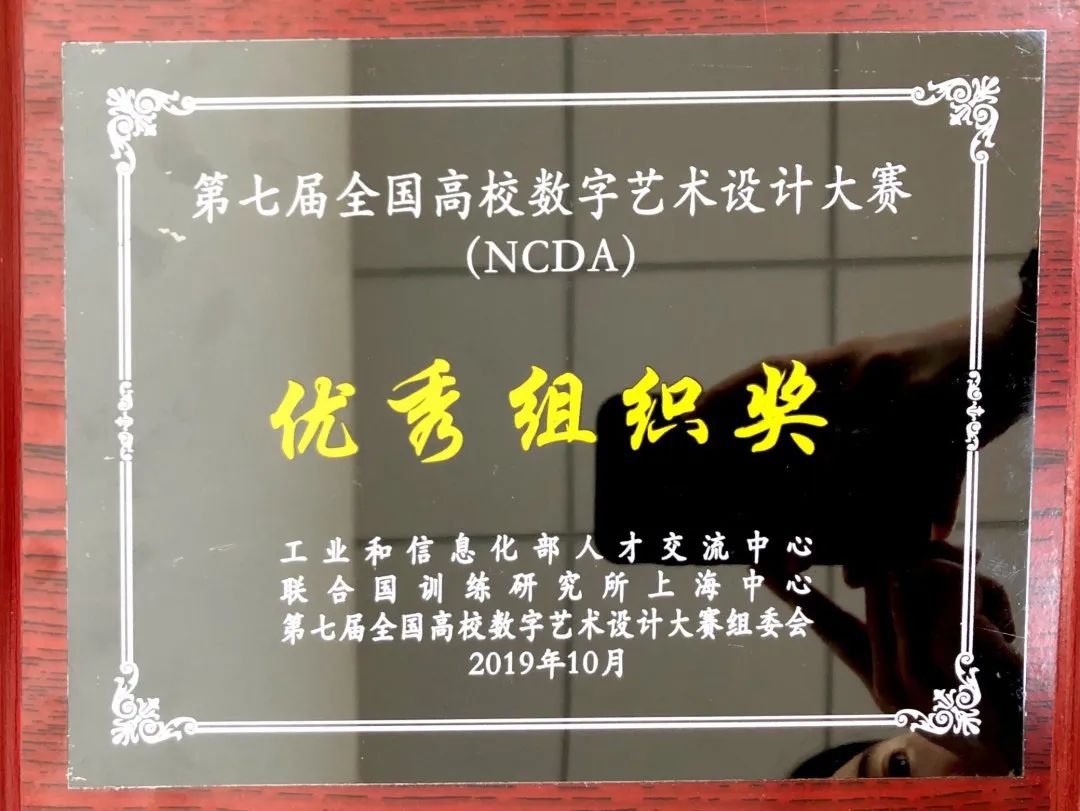
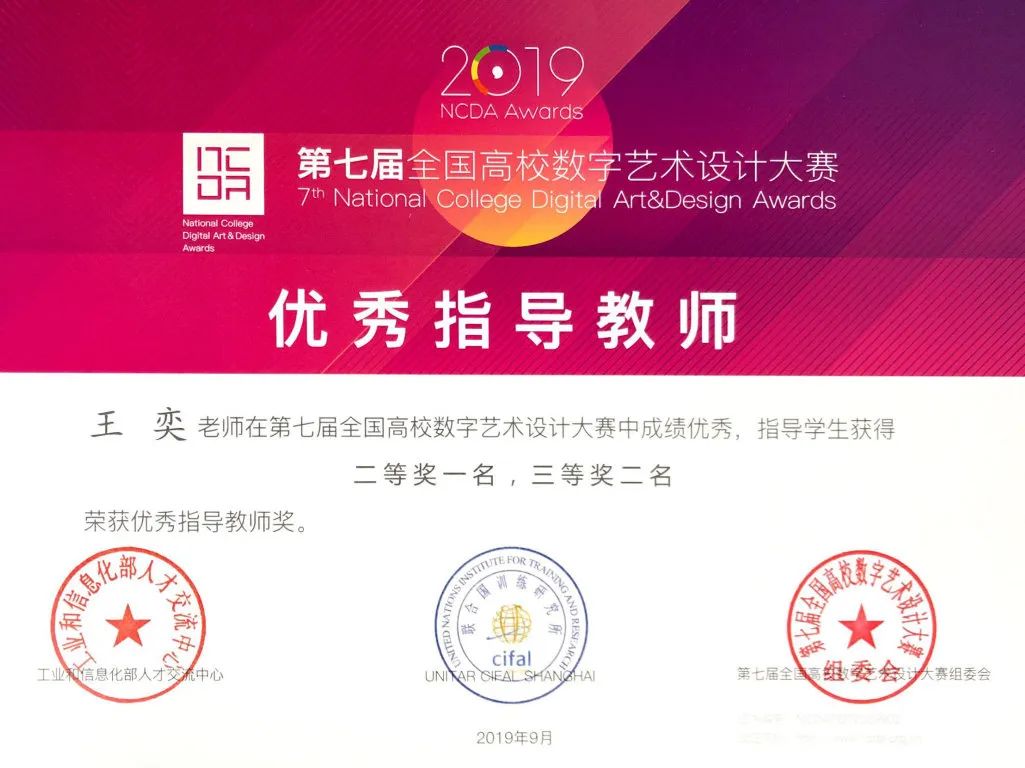
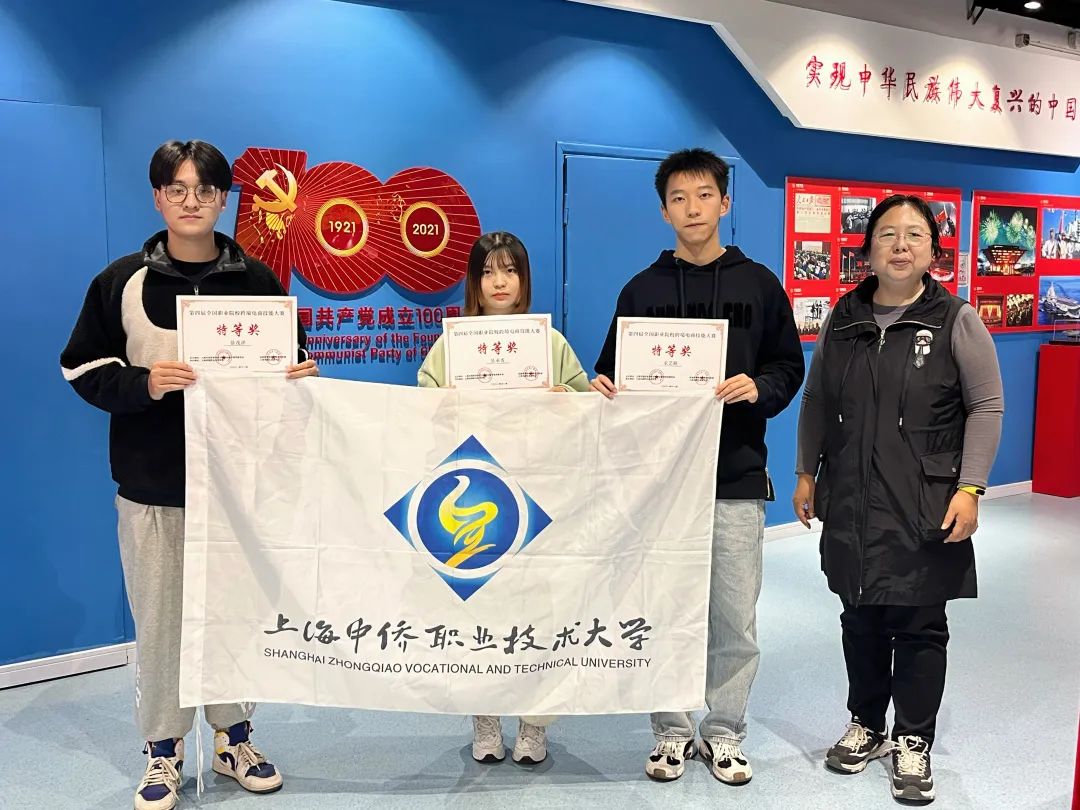
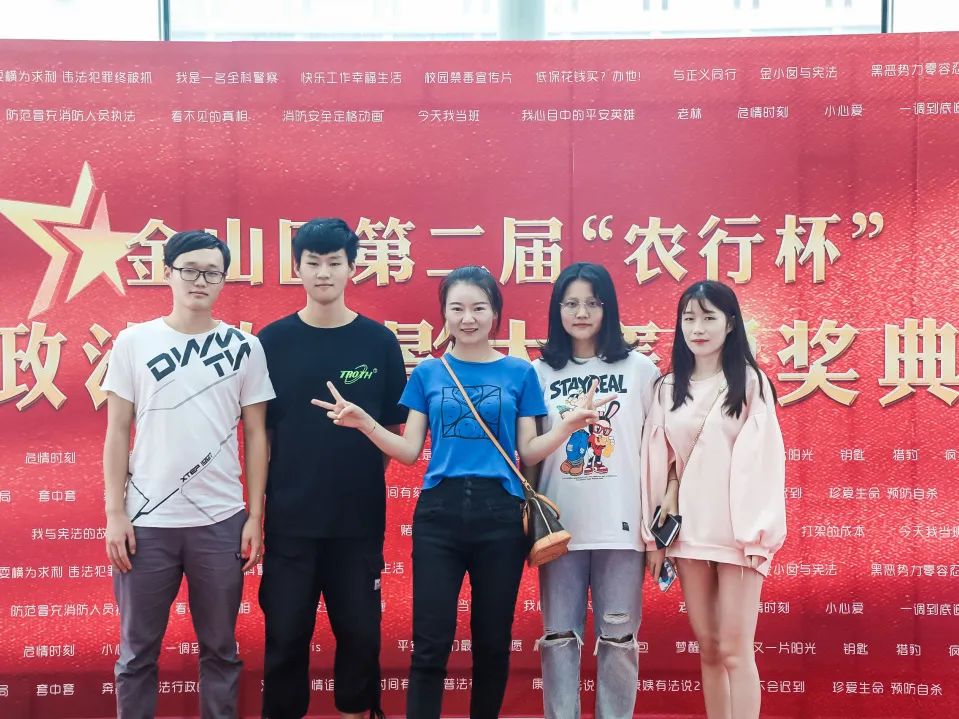
The gains brought by the competition to Teacher Wang are multifaceted, and the most important thing is to clarify the basic ideas for the ideological and political construction of digital media technology professional courses, not limited to the Photography and Camera Technology that participated in this competition, but also applicable to other types of courses. In addition, ideological and political competitions are also teaching competitions. Through six months of grinding and training, there has been a qualitative leap in teaching design, teaching methods, and resource reconstruction. The improvement is overall, and we deeply understand the true meaning of promoting teaching, learning, reform, and construction through competitions.



